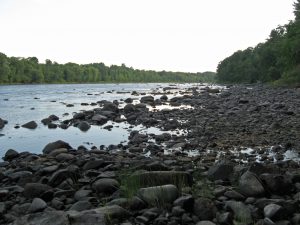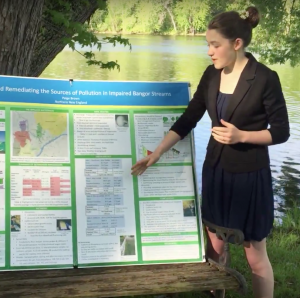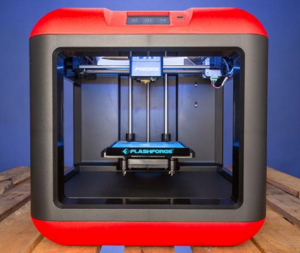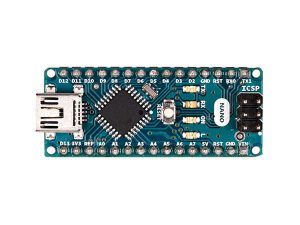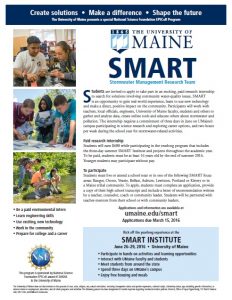SMART Institute 2017
Participation of students and their teachers in these workshops will be free and made possible through NSF funds.

SMART Institute
Once a year, UMaine hosts a 5-Day training institute for the participating high school students and their teachers. For both students and teachers, the institute has common workshops on science and engineering related to stormwater. When not together, the teachers and students participate in their own separated workshops in parallel. Teachers receive professional development in collaborative inquiry and how to relate that to stormwater research.
Below is a sample schedule from a previous year.
The schedule for 2017 will look very different, however, so please- STAY TUNED!
Day 1 (Students & Teachers):
AM-Participatory Citizen Science: Overview of examples of successful community driven science projects and data collection basics such as the scientific method, establishing hypotheses, literature searches, elimination of biases and more.
PM- Environmental Science and Storm Water in Urban Regions: Why storm water is a problem, Collection of water quality data, Chemistry of water and water analysis, Civil and environmental engineering and storm water mitigation.
Day 2: Sensor Building and Calibration
Students: Sensor design and calibration
Teachers: Stationary Sensor unit operation principle and radio interference
Day 3: Data Collection Unit
Students: Building data acquisition systems including storage systems and sensor interfaces, Programming the sensor units for various sampling rates
Teachers: Principles of operation for the data collection units and Mobile Water Sensing including power analysis (battery, solar, and transmission scheduling), microcontroller programming (Arduino board, packetization, interface)
Day 4: Data Transmission, Management and Analysis
Students: Programming wireless radios, network design, and importing data into Google Earth
Teachers: Review of wireless channel and network principles, Visualization of data using GoogleEarth
Outreach, Cartography, Spreadsheet mapping, Computer modeling, Visualization walls, Analysis of water samples in lab.
Day 5: Environmental and Regulatory Policy, Community Involvement and Outreach
Teachers & Students: Learn about stream and watershed surveys and management plans, Create an outreach strategy, Plan for direct outreach and involvement of middle school students and teachers, invite students to participate in extracurricular water sample collection, and Field test: learn how to completely integrate the sensors and radios and test them in the field, collect data, and debug the system.
The Institute workshops will be managed and organized by the UMaine faculty and graduate students, three Bangor High School teachers, and engineers from water districts and industry.


